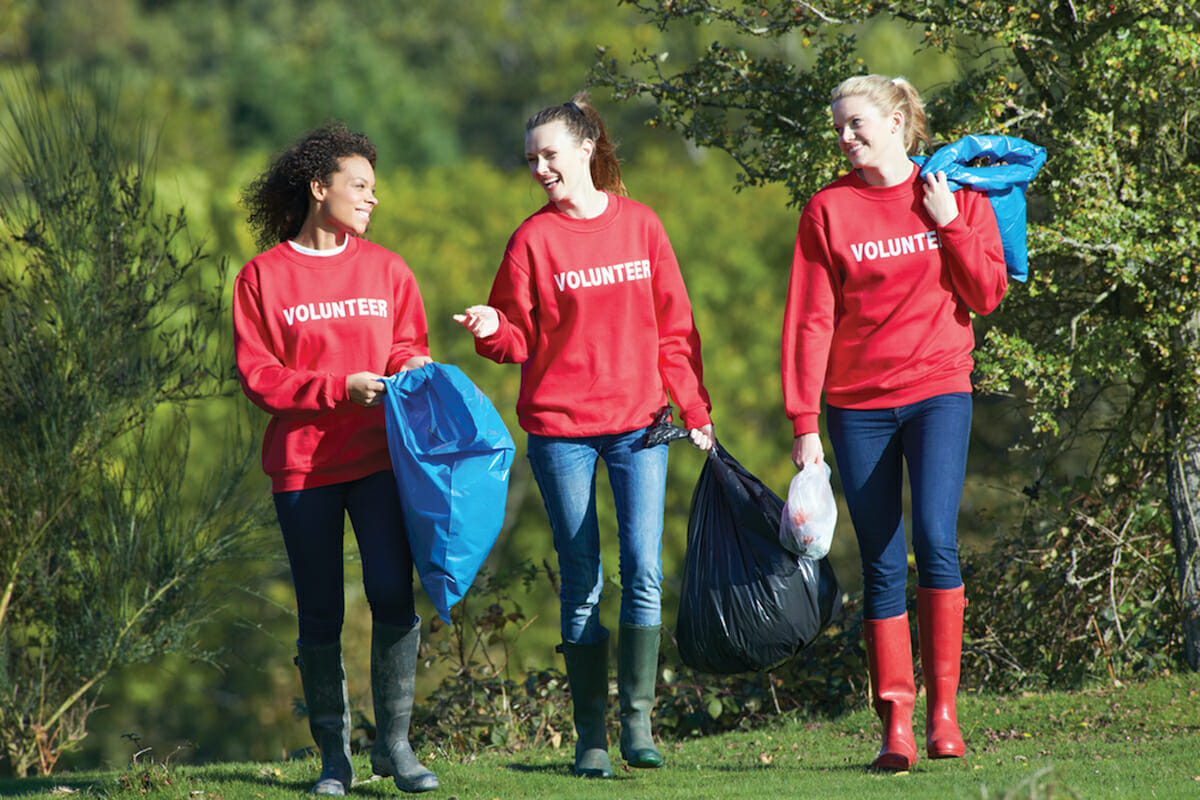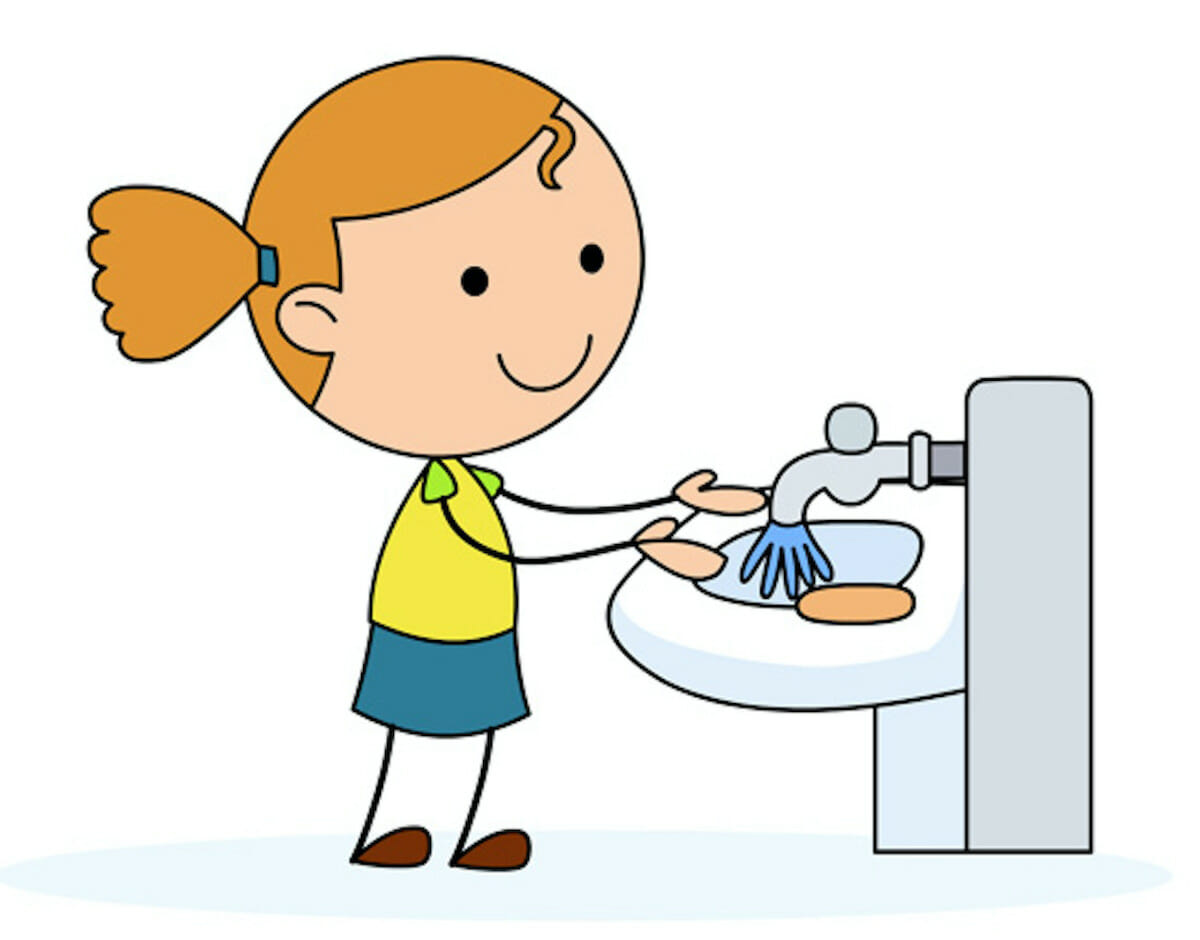The US Department of Labor’s Bureau of Labor Statistics, defines volunteers as “people who do unpaid work through or for an organization.”
In Beaufort County, the opportunity to do volunteer work begins at an early age, with many high school organizations geared towards helping others. Comparatively, teenagers in the Labor Statistics study had a relatively low volunteer rate, perhaps a disturbing trend for those who work to direct their efforts.
Usually, the motivation of doing “good things” is enough for many people to do volunteer work. Getting the right people doing the right tasks is also essential. Volunteers wouldn’t offer to help an organization if they weren’t enthusiastic, and their enthusiasm can be overwhelming to a non-profit agency, Good volunteer management by a not-for-profit organization is knowing how to use what you’ve got. It makes for a beneficial experience for all involved.
There is no doubt that doing volunteer work can be a rewarding and fulfilling experience and is open to anyone willing and able. But no matter what your age, there are some important things to keep in mind when deciding to get involved in volunteer work.
1. Research the causes and issues that are important to you.
For example, if you have an interest in protecting the environment, help out during the Beach Sweep, when volunteers comb the local beaches for litter. If your cause is ending world hunger, start locally at a food bank or helping deliver meals to the homebound.
2. Use your skills wisely.
If you’re not mechanically inclined, don’t volunteer to shingle a roof for a Habitat for Humanity house. If your stomach turns at the sight of blood, don’t volunteer at the hospital. Even small contributions with something you’re good at can help, like a former finance worker who now helps count the church offering from Sunday services. Simply do what you do best. However, if you have a disability that limits you physically, find out what else you can do to help, like volunteering to read to children for a literacy program.
3. Learn something new.
This may seem like a paradox to “using your skills wisely,” but you can incorporate something you may already be good at with something you’d like to learn more about—a perfect opportunity for young people and retirees. If you’re good with children, consider helping out at CAPA, perhaps at their local shelter. If you worked in the medical field, volunteer your time to a hospice care center, a completely different form of medicine. If you’ve always had an affinity for history but don’t quite know how to channel that enthusiasm, volunteer as a guide at a place like Penn Center.
4. Prepare yourself for a commitment of time and energy.
When considering volunteer work, always think about the time and responsibility your commitment involves. You don’t do anyone—fellow volunteers or people you’re helping—a favor by coming late to meetings, being ill-equipped, or not being available to do the hands-on labor it may require. If you’re already booked during the work-week, consider something you can do on the weekends. If you’re weekends are busier in summer than in winter, consider something monthly or even seasonal (lots of help is needed around Christmas).
5. Have fun.
Don’t let excuses like “I don’t have the time,” or “they wouldn’t need me, I’m no good at anything” get in the way of you doing volunteer work. Make time, and make sure you have fun. Volunteer work does not have to be something you have to dread, otherwise 64 million other people wouldn’t do it.
Exclusive content from CARE magazine.









